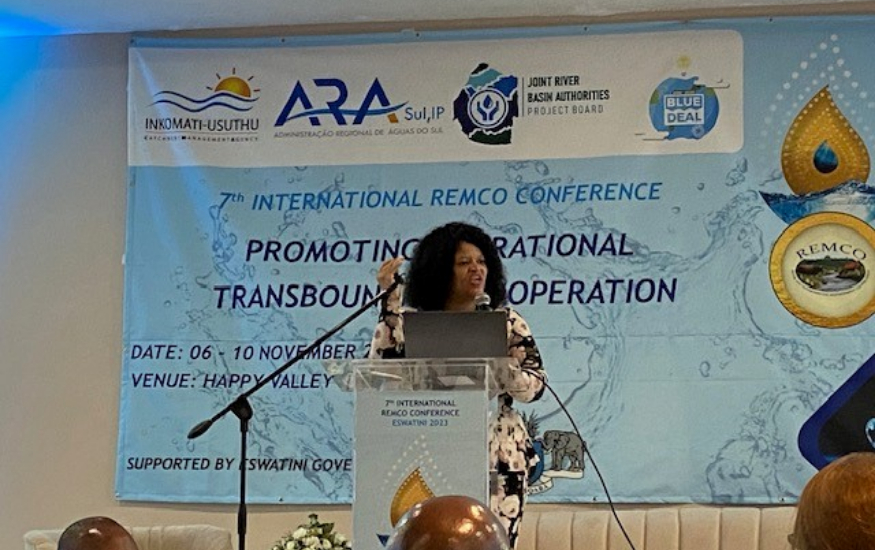Almost 100 powerful youth and women with enthusiasm and tireless energy were ready to kick off the so-called 4th “Incomati Basin Women and Youth in Water” Conference in Eswatini, on November 6.

Of course, men were welcome to join as well, and some did. The conference was filled with inspiring presentations and workshops about women and youth in water management, given with the greatest dedication and enthusiasm. Young Experts (Yeppers) from Eswatini, Mozambique and South Africa were present, as were water professionals from the so-called Dutch KIWI programme. The youth asked to be heard and work with them for a more sustainable future.
Mainstreaming youth and women in water
In many developing countries, woman are the de facto decision-makers in households. Including youth recognises their potential as change agents and future leaders who can bring innovative insights and technological advancements to address water challenges effectively.
Everybody in the room was aware to do their part in mainstreaming youth and women in effective water resource management. To share knowledge, experiences and best practices on transboundary water management. The week was further dedicated to strengthen the capacity of exciting governance structures, whiles bringing to the fore crosscutting issues, such as gender mainstreaming in the sector. The latter is specific to the women and youth in water, groups which are often marginalised and under-represented in water related discussions and operations.
Platform
The platform of the conference aims to advocate for women and youth inclusion in equal opportunities for effective leadership in the management of water resources. Empowerment starts with education and conferences such as these, which help share important information that can empower women and break societal injustices. The conference highlighted the challenges faced in Eswatini and the opportunities women and youth could participate in.
Barriers
One of the barriers that affect women and youth participation in the water sector is that there are not enough water programmes in local institutions. Young people have to go to institutions that are out of the country. And that becomes more expensive, yet there is a need for specialised education in the water sector.
Water policies affect women and youth more severely
Important is to strengthen collaborations between youth and decision-makers in the water sector. This way, policies made in the country can be relevant and address the needs of young people and women on the ground. Because these policies actually affect these groups more severely if not addressed properly. Water in Africa is often a women’s business. On this November 6, it became everybody’s business in Africa and in Europe.
